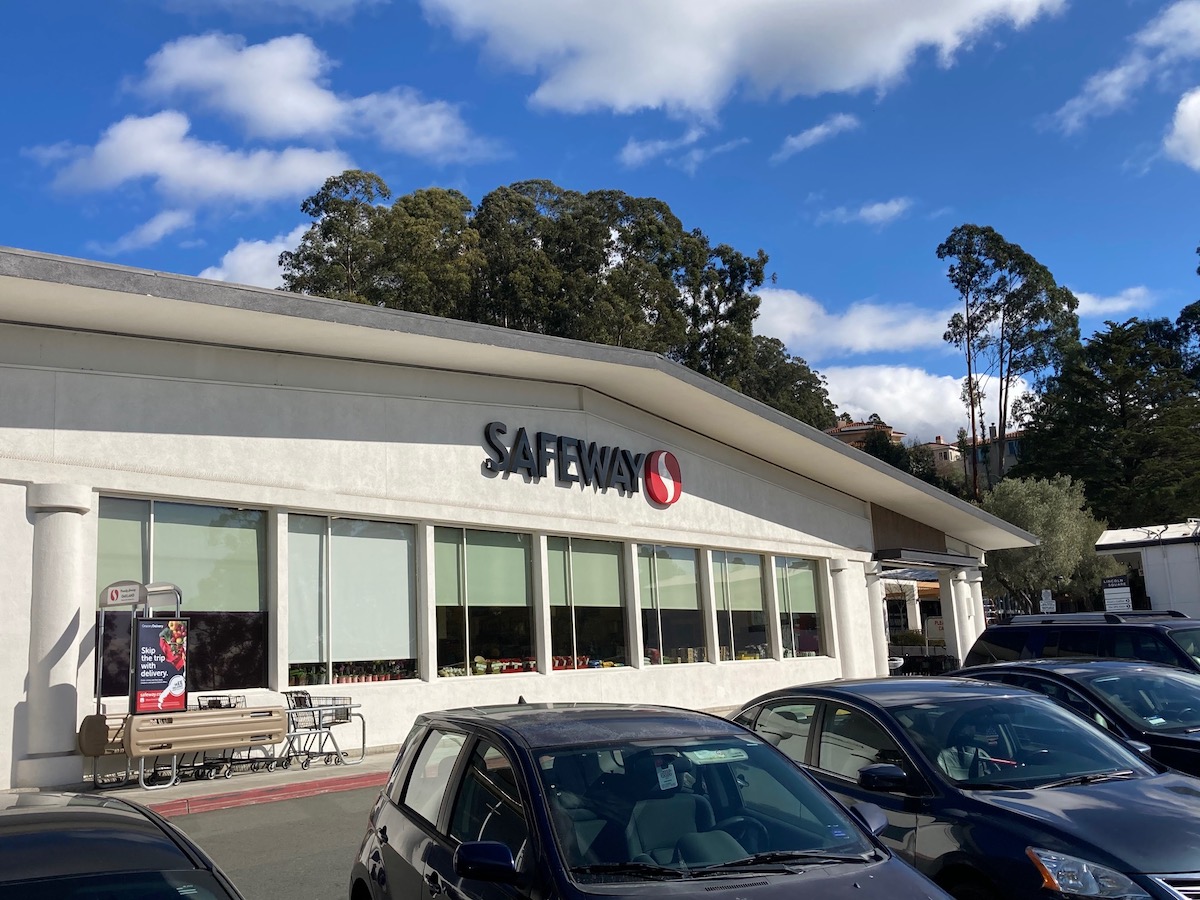Oakland grocery workers are getting a substantial hazard pay raise starting immediately.
The City Council voted Tuesday to require large grocery stores to pay their employees an additional $5 per hour. The law will cover workers at popular stores like Cardenas Markets, Safeway/Albertsons, Save Mart, Target, Trader Joe’s, and Whole Foods. Small independent stores are exempt.
The pay raise is meant to compensate grocery store workers, among the state’s essential workforce, for the increased risks they have faced during the pandemic. According to a study published in the journal Occupational and Environmental Medicine, grocery workers are at higher risk of contracting COVID-19 because they work in enclosed settings around numerous strangers where it’s difficult to socially distance themselves.
Oakland’s ordinance will remain in effect until Alameda County drops to yellow tier status in the state’s “Blueprint for a Safer Economy” risk assessment system. To enter the yellow tier, the county must have less than one new COVID-19 case per day per 100,000 people. This is the lowest risk level in the state’s four-tier system, which includes an orange, red, and purple tier above yellow. Alameda County is currently in the purple tier, measuring more than seven new cases per day per 100,000 people.
The hazard pay law was co-authored by councilmembers Nikki Fortunato Bas and Noel Gallo.
“In certain places in Oakland, it has become an extreme emergency,” Gallo said during the meeting. “We have an opportunity to alleviate the emergency.”
In Gallo’s Fruitvale district there was a major COVID-19 outbreak at the Cardenas Market in May when a dozen workers tested positive for COVID, forcing a shutdown and deep cleaning.
San Francisco and Long Beach have already passed similar ordinances for grocery workers. Berkeley and Los Angeles are considering hazard pay for grocery workers.
While most grocery workers have been paid their normal pre-pandemic wages since last March, large grocery companies such as Albertsons and Amazon, the parent company of Whole Foods, have reported windfall profits.
Some grocery stores have taken initiative to increase pay for their workers. In response to pressure from the public and unions, Trader Joe’s announced yesterday that they would provide a $4 increase for all of their employees nationwide.

City and unions will enforce the hazard pay rule
Concerns were raised by City Administrator Edward Reiskin regarding city staff’s capacity to implement and enforce the emergency pay ordinance. Reiskin recommended the council hold off on voting for the hazard pay Tuesday, citing the need to address unknown fiscal impacts it could have on the city and his concerns city staff won’t be able to enforce the law.
“We do not have the capacity to fully implement this as-is,” Reiskin said during yesterday’s council meeting. “I hear the strong support for it and we’ll do what we can with resources that we have available to support its implementation.”
Councilmember Bas said that of Oakland’s 2,000 grocery store workers who would be covered by this ordinance, about 1,200 are members of the United Food and Commercial Workers union, which has its own attorneys to make claims on workers’ behalf. “We really hope that with the attention this is getting, it will be a very collaborative environment among employers, employees, the city, and worker advocates to support our health and safety.”
Oakland Metro Chamber of Commerce CEO Barbara Leslie said that her group suggested technical recommendations to the City Council to “ensure the legislation, once passed, could be implemented effectively and with a balanced approach.”
“The Chamber continues to encourage the City Council to better coordinate with their professional and administrative staff to ensure they have a full view of staff’s ability to implement as well as both the intended and unintended impacts of this or any legislation,” said Leslie.
Ron Fong, president and CEO of the California Grocers Association, told the East Bay Times that laws like Oakland’s could have “unintended consequences” because it forces employers to give workers a “huge” pay increase.
But dozens of residents called into the meeting to express their support for the $5 increase.
“Almost all of my co-op’s food budget now goes into buying groceries,” resident Rachel Beck said during the public comment portion of the council meeting. “We’ve done our best to purchase food from stores that are doing right by their employees, so thank you for incentivizing all larger groceries to do the same.”

